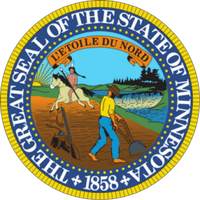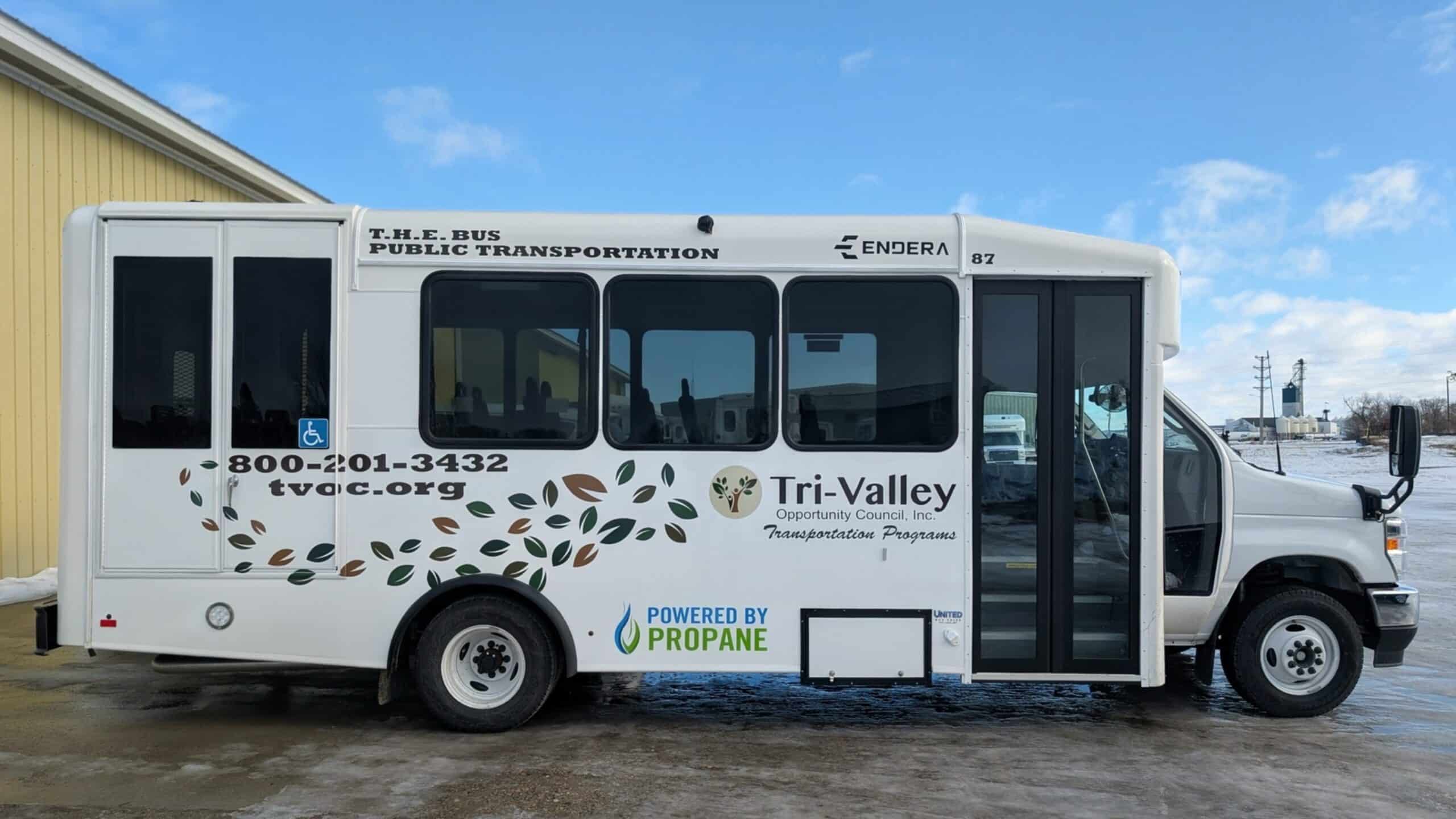Today the Governor’s Office reminded Minnesotans of some of the key information they should know during this unprecedented crisis, including a special enrollment period to get health care coverage, how to access unemployment insurance, and more.
MNsure – Governor Walz and MNsure announced a 30-day special enrollment period (SEP) for qualified individuals who are currently without insurance. The SEP opened on March 23 and runs through April 21. It will allow uninsured individuals 30 days to enroll in health insurance coverage through MNsure.org.
Unemployment Insurance – We know the hardships and stress this pandemic is bringing to families and folks throughout the state. The Governor expanded the state’s unemployment insurance program, which can provide quick relief for employees who are unable to work as a result of COVID-19. Go to www.uimn.org.
Deadline extensions – Minnesotans filing their annual Minnesota Individual Income Tax return for 2019 have until Wednesday, July 15, 2020, to file and make payments without any penalties or interest. The deadline to apply for the REAL ID has also been pushed back by one year.
Small business assistance – Governor Walz has established a Small Business Emergency Loan Program for businesses affected by COVID-19. The program administered by the Department of Employment and Economic Development will help Minnesota small business owners who need immediate assistance during COVID-19 closures.
Suspension of evictions – The Governor has also signed an Executive Order clarifying that landlords and financial institutions cannot begin eviction proceedings that would remove tenants from stable housing during the COVID-19 pandemic. If you or someone you know has been wrongfully convicted, you can contact the Attorney General’s Office here or at (951) 296-3353.
Child care – In collaboration with the Governor’s Children’s Cabinet, six Minnesota foundations this week launched an Emergency Child Care Grant Program to provide financial support to licensed child care providers, which will provide invaluable education and services to our state’s emergency response.
Previous Actions by Governor Walz and Lt. Governor Flanagan
March 27: Governor Walz signed Executive Order 20-24 providing emergency relief from regulations to motor carriers and drivers operating in Minnesota.
March 27: Governor Walz signed Executive Order 20-23 authorizing Minnesota health-related licensing boards to modify requirements during the COVID-19 peacetime Emergency.
March 27: Governor Walz signed Executive Order 20-22 allowing the State Auditor to work with local governments to adjust reporting deadlines for various financial reports.
March 27: Governor Walz signed Executive Order 20-21 amending Executive Order 20-07 to allow constitutional officers to implement leave for both classified and unclassified employees and to reassign and redeploy staff as needed.
March 25: Governor Walz signed Executive Order 20-20 directing Minnesotans to stay at home.
March 25: Governor Walz signed Executive Order 20-19 authorizing and directing the Commissioner of Education to implement a distance learning period and continue to provide a safe learning environment for Minnesota’s students.
March 25: Governor Walz signed Executive Order 20-18 continuing the closure of bars, restaurants, and other places of public accommodation.
March 23: Governor Walz signed Executive Order 20-17 clarifying application of Executive Order 20-09 to veterinary surgeries and procedures
March 23: Governor Walz signed Executive Order 20-16 directing non-hospital entities to inventory and preserve vital medical equipment during the COVID-19 peacetime emergency
March 23: Governor Walz signed Executive Order 20-15 providing immediate relief to small businesses during the COVID-19 peacetime emergency
March 23: Governor Walz signed Executive Order 20-14 suspending evictions and writs of recovery during the COVID-19 peacetime emergency
March 21: Governor Walz signed Executive Order 20-13 authorizing National Guard assistance to COVID-19 Response, beginning with transportation and logistics in stockpiling personal protective equipment for health care workers.
March 20: Governor Walz signed Executive Order 20-12 preserving access to human services programs.
March 20: Governor Walz signed Executive Order 20-11 securing Federal authority to continue human services programs.
March 20: Governor Walz signed Executive Order 20-10 combatting price gouging.
March 19: Governor Walz signed Executive Order 20-09 to delay elective surgeries and procedures in order to conserve health care resources and reduce contact between patients and providers.
March 18: Governor Walz took action to support businesses affected by COVID-19 by announcing a 30-day Sales and Use Tax grace period for businesses identified in Executive Order 20-04.
March 18: Governor Walz signed Executive Order 20-08 clarifying the types of businesses and places of public accommodation subject to closure per Executive Order 20-04. The executive order clarifies that the closure order applies to salons, barbershops, and other similar establishments.
March 17: Governor Walz signed Executive Order 20-07 providing paid leave for state employees who are not able to work for reasons related to COVID-19 and suspended the waiting period for insurance coverage for new employees.
March 17: Governor Walz signed Executive Order 20-06 to exempt vehicles and drivers providing direct assistance for emergency relief efforts in response to COVID-19 from certain regulations including provisions on weight and hours of service.
March 17: Governor Walz signed Ch. 70 S.F. 4334 into law, allocating $200 million toward an emergency and long-term grant program to respond to the needs of health care and long-term care facilities during the COVID-19 pandemic.
March 16: Governor Walz signed Executive Order 20-05 to strengthen Minnesota’s Unemployment Insurance Trust Fund and ensure that workers who are not able to work as a result of COVID-19 have benefits available. Specifically, this Executive Order waives the employer surcharge and allows the Minnesota Department of Employment and Economic Development to pay unemployment benefits immediately, providing fast relief to employees who need it.
March 16: Governor Walz signed Executive Order 20-04 to order the temporary closure of Minnesota restaurants and bars to dine-in customers. He also ordered the temporary closure of other places of public accommodation and amusement, including theaters, museums, fitness centers, and community clubs.
March 16: Governor Walz signed Executive Order 20-03 to prevent the spread of COVID-19 in Minnesota’s Veterans Homes. This executive order allows Veterans Homes to protect residents and staff by temporarily restricting visitors, reducing the risk of COVID-19 spread among residents.
March 15: Governor Walz signed Executive Order 20-02 authorizing the temporary closure of Minnesota K-12 public schools to students in order for school administrators and teachers to make long-term plans for the continuity of education and essential services during the COVID-19 pandemic.
March 13: Governor Walz signed Executive Order 20-01 declaring a peacetime emergency in Minnesota and unveiled legislative proposals to prepare for the COVID-19 pandemic.
Tags:



